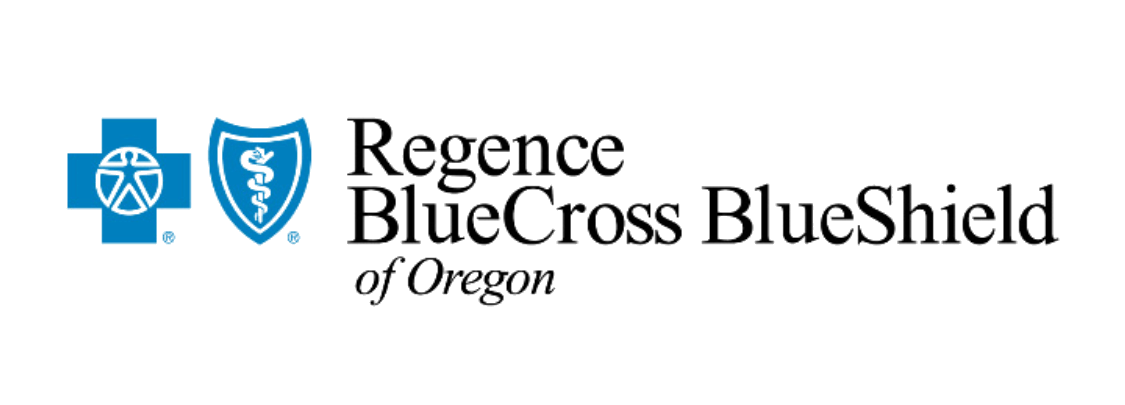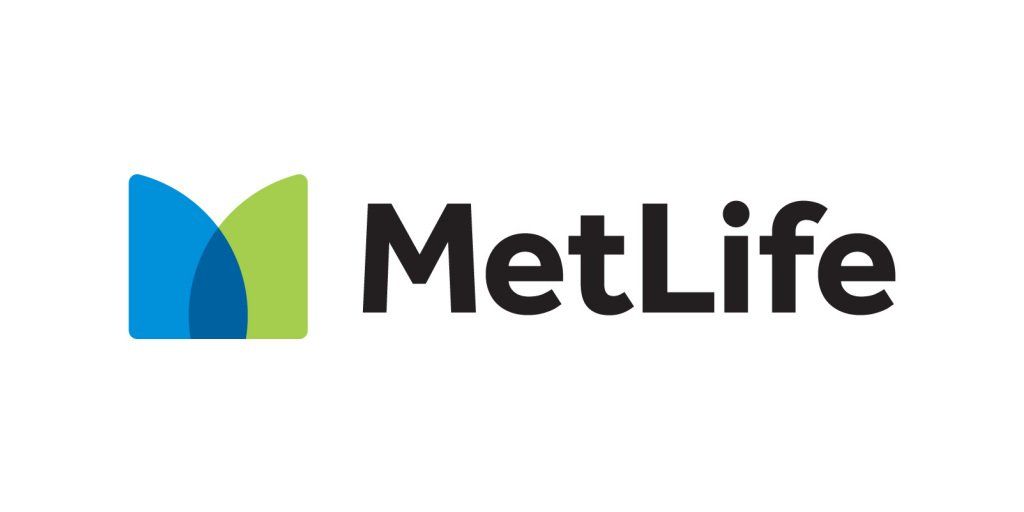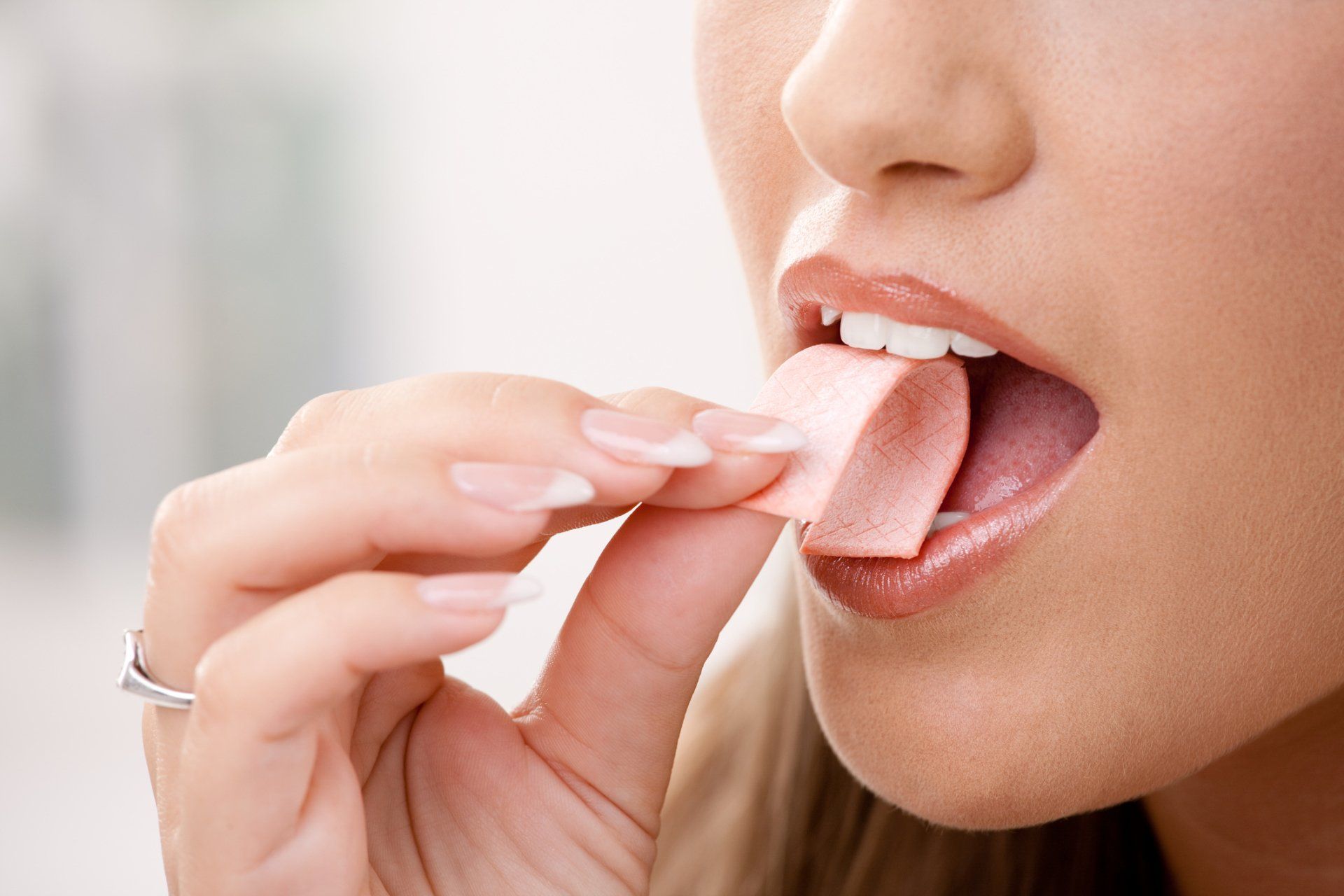7 RESOLUTIONS YOUR DENTIST WANTS YOU TO MAKE
- By Admin
- •
- 15 Dec, 2017
- •
Many people choose to make resolutions at the turn of a new year, but you don't have to wait until Jan. 1 to create new resolutions. In fact, you can make some and start working toward them today. To better protect your dental health, consider these resolutions your dentist hopes you'll make.
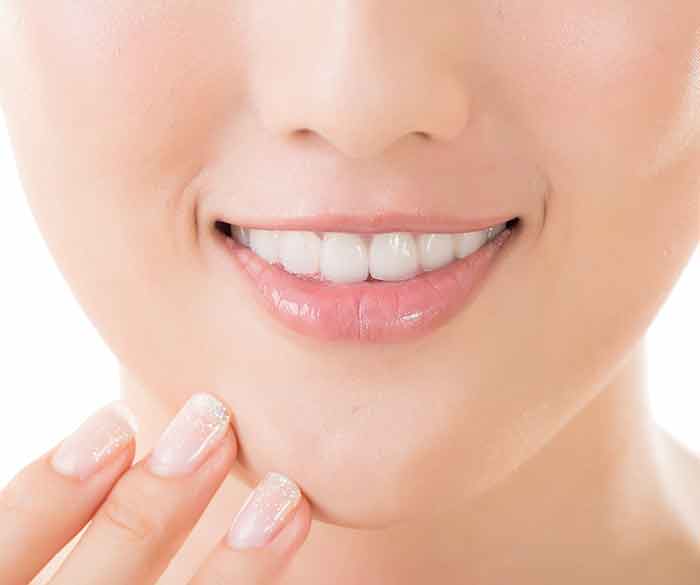
#1: Start Brushing Your Teeth Twice Per Day
Your dentist may remind you of this important tip at each visit. Brush your teeth two times each day, making sure to also brush for a duration of at least two minutes. According to the American Dental Association, brushing your teeth twice each day reduces your risks for oral infections. The association also recommends using a fluoride toothpaste.
#2: Make a Strong Daily Effort to Floss
Flossing is essential for dental hygiene, too. Brushing alone won't remove plaque between your teeth. The U.S. Department of Health and Human Services considers flossing an important practice for dental hygiene, and you should, too. Take the time to floss once per day. You may find it’s easiest to fit in flossing before brushing your teeth in the evening.
#3: Keep Regular Dentist Appointments for Cleanings and Checkups
Regular dental checkups are also an essential part of maintaining optimal oral health. When you go for regular checkups, your dentist can catch any problems early. Early intervention can prevent costly treatments later. For example, a simple cavity can be fixed with a filling. However, if left untreated, it can require a root canal or result in the loss of the tooth altogether.
#4: Supervise Your Children’s Daily Dental Care Activities
When you have young children, take the time to supervise their dental care habits each day. This effort can be tiring and may seem unnecessary once little ones get into the habit of brushing. However, children easily lose motivation and skip essential hygiene when parents aren’t supervising. You may opt to brush your own teeth while observing how well your children brush theirs.
#5: Give Up Bad Habits That May Be Wrecking Your Teeth
If you have a smoking habit, your dentist really wants you to kick it to the curb. Smoking is not only terrible for your overall health but also detrimental to your dental health. Other bad habits like biting your nails and chewing on ice cubs can also be bad for your teeth, but smoking is probably the leading bad habit that people should ditch for better dental health.
#6: Place a Limit on How Much Soda You Drink
Of course, dentists would prefer that you give up soda altogether. However, if you really enjoy the sweet sensation and caffeine fix that soda may provide, simply reduce your consumption. Place a strict limit on how much you consume each day. Whether you want to cut it down to just one per day or one with each meal, commit to the limit you set and stick with it.
#7: Make Healthier Dietary Choices Each Day
How you eat and what you consume may have a bigger impact on your overall oral health than you realize. The Academy of Nutrition and Dietetics recommends consuming calcium-rich foods like milk, fortified soy drinks, and tofu for strong teeth and bones. It also explains that vitamin C helps you maintain gum health, so eating foods that are rich in this vitamin is a good idea.
Finally, keep in mind that your dentist wants you to thrive. Look at your dentist as your ally in attaining and maintaining a bright, white smile that comes from having healthy teeth and gums. When you're ready to make your next dentist appointment or a free consultation, contact the caring team at Emergency Dentist Milwaukie-Clackamas.
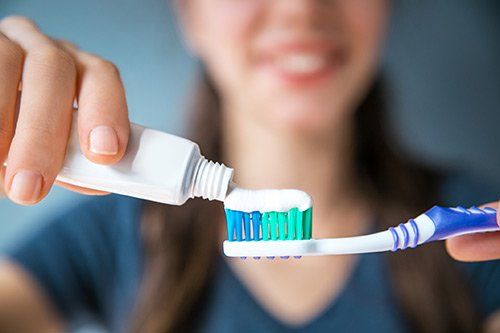
Preventative dental care is arguably the most important care you can receive from your dentist because prevention will help you maintain optimal care for your lifetime. Preventative care includes services like fluoride treatment, x-rays, sealants, and dental prophylaxis.
While in-office visits every six months are important, preventative dentistry doesn't stop there. Your at-home efforts make a big difference. Here are three ways to improve your at-home dental care.
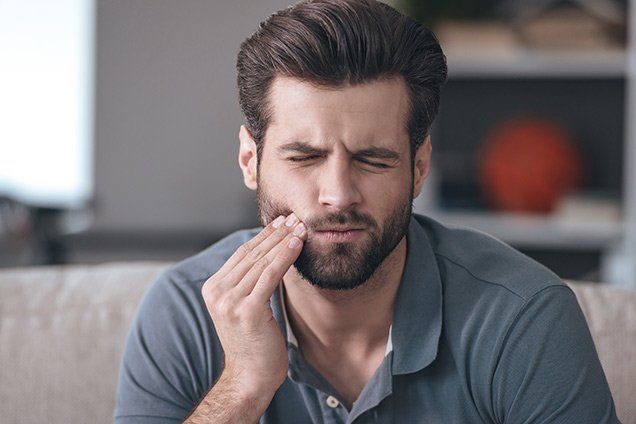
You've probably heard your dentist talk about "dental emergencies" in the past. A dental emergency involves a condition that needs to be treated by a dentist as soon as possible, hopefully within the hour. A knocked-out tooth or mysterious bleeding after a dental procedure are both examples of dental emergencies. Random pain in the jaw or tooth can also be a dental emergency, depending on the characteristics of that pain.
You should know the different kinds of dental pain so you can know when to call a dentist in an emergency. These tips can help you understand what types of pain are most indicative of a dental emergency.
You should know the different kinds of dental pain so you can know when to call a dentist in an emergency. These tips can help you understand what types of pain are most indicative of a dental emergency.

With the summer season right around the corner, many families have plans for days of fun, including swimming lessons, pool time, and various water sports. Tooth injuries and damage are unfortunately common in swimming accidents. With some preventative care and precautions, however, you can reduce the risk of harm to your smile.
Here are some simple things to keep in mind for oral health
and safety this summer as you swim with your family.
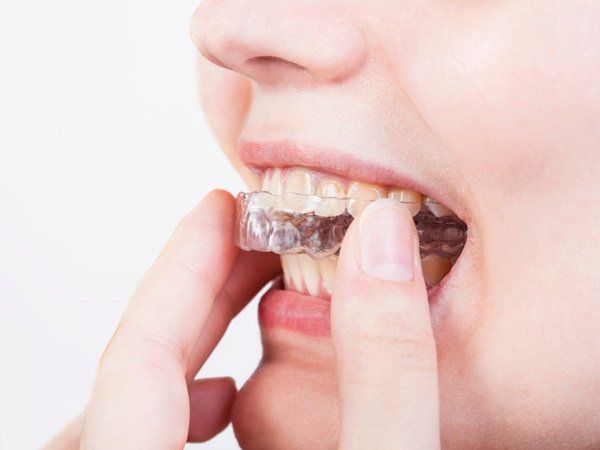
f you're an athlete, or if you're the parent of a student athlete, you're probably familiar with safety equipment. Helmets, pads, protective eyewear, and special shoes are some of the types of safety equipment that athletes often use. Unfortunately, one piece of safety equipment doesn't always get the attention that it needs – the mouth guard.
Mouth guards help protect the athlete's teeth and oral tissues from damage and are recommended for a wide variety of different sports. If you're an athlete or the parent of a young athlete, understand what types of athletes need mouth guards and how to take care of them.

Some of the foods you love the most, even the healthy ones, can cause damage to your teeth by eroding tooth enamel. Tooth enamel is the hard outer layer of your teeth, and its sole design is to protect your teeth against cavities and bacteria. It's considered tougher than bone and is the hardest part of the human body.
Unfortunately, tooth enamel can be worn down by everyday foods and beverages, especially acidic or sugary substances. Here is a small list of consumables that can damage your tooth enamel and ways you can still eat or drink them safely as part of your regular diet.
Unfortunately, tooth enamel can be worn down by everyday foods and beverages, especially acidic or sugary substances. Here is a small list of consumables that can damage your tooth enamel and ways you can still eat or drink them safely as part of your regular diet.
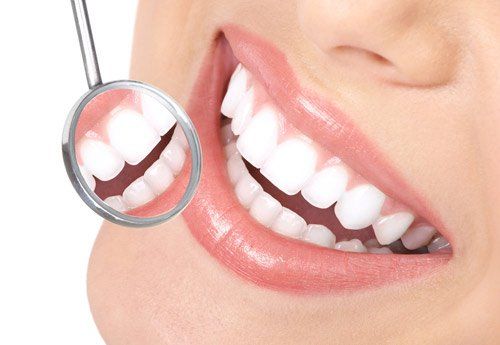
When you picture your ideal smile, you may primarily focus on your teeth. While teeth are certainly the first aspect of a smile you see, a healthy smile also requires strong gum tissue. Keeping your gums healthy
is an important part of preserving your smile.
In this blog, we guide you through several of the most important concepts related to gum tissue health, including what you can do if you don't currently have strong enough gums to support your dream smile.
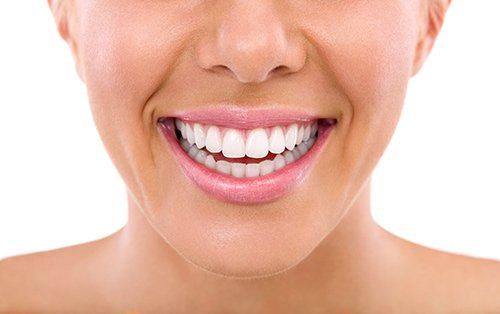
If you experience sensitivity in your teeth whenever you eat something cold, hot, or sweet, you may wonder why you have this problem and what can you do to stop it. Your sensitive teeth may be a result of enamel erosion.
Enamel erosion occurs when the surfaces of your teeth (enamel) wear down from a loss of calcium and other valuable minerals. A number of things can erode your enamel, including sweet and acidic foods and beverages.
Although you can't reverse enamel erosion once it occurs, you can take steps to reduce or stop its damaging effects on your teeth.


